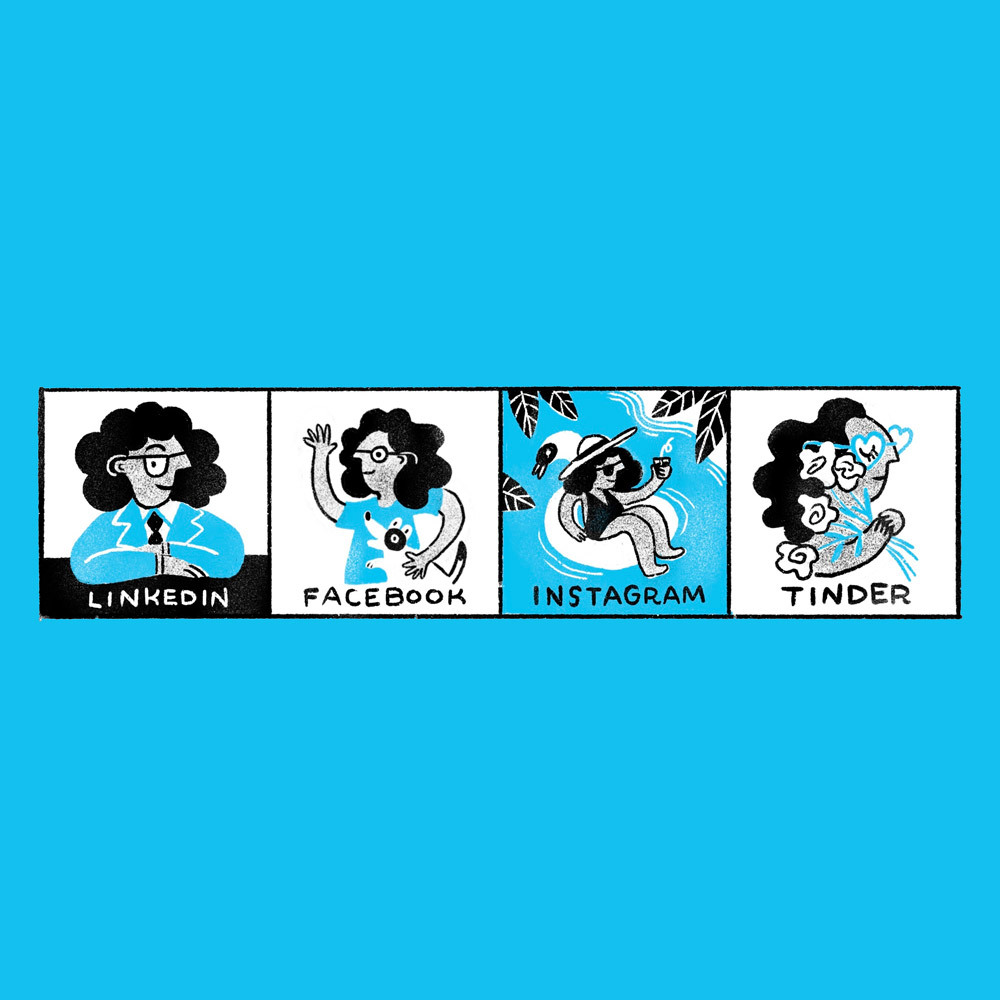
What’s so important about creating the right brand name?
The printer is broken again. I’m going to make some coffee. Will you hand me my keys? Nouns are a highly functional part of speech that give us labels for the things around us. They help us communicate and navigate our worlds.
But names are different. They engender an emotional connection.
Naming is the act of pronouncing that something is more than just an object or a concept and giving it an identity. It’s what happens when a noun becomes proper, moving from generic to special.
When you watch a horse race, you root for American Pharaoh instead of the number 6 horse. You belly up to the bar for a Manhattan or an Aviation instead of a descriptive laundry list of ingredients. And when you’re 16, you name your first car Bertha or The Big Green Egg.
In short, a name brings out the essence and character of an object.
How do you come up with a good name?
1. A good name can come from lots of places, but it should always have meaning.
More than just stating a feature or function, it should explain a feeling or benefit. The meaning doesn't have to be evident, but it should be easily told. How many people know that Nike is the Greek goddess of victory? Arguably, not that many. But it’s a true and effortless connection to make, once you know it exists.
2. A good name will stand out in a crowd.
Within a brand’s competitive landscape, it’s important to create distance from the other names in that category. First of all, this is just good practice. If you want to own a unique position, you don’t want to be confused with another company or blend in with the rest of the market. From a legal standpoint, you want the rights to own and protect your name.
3. A good name is simply useful.
Balancing out the need to be different is the need to be intuitive. If a name is hard to say or spell, it’s probably hard to search for and share. There’s no reason to set up an additional hurdle for a brand or user by choosing an awkward moniker. Another dimension for name usability is the flexibility to grow with a brand beyond a certain set of activities or products. If it’s too narrowly focused or one dimensional, this can limit the brand’s potential.
4. A good name is likable.
In the end, if a name isn’t likable, it’s probably not the best answer. This isn’t the starting point, as if to say, “we like it so lets go with it.” It’s the seal of approval on one outstanding winner among a set of winners. The first three filters will disqualify a majority of potential naming candidates, so this last filter should help you choose a finalist.
What are the pitfalls, and how do I avoid them?
We hear a lot of common concerns with naming projects. Here are a few:
“I’ll know it when I see it.”
Naming is a mixture of art and science. It’s a difficult and intricate task, deliberating a thousand little considerations. Maybe because we have all named a pet or child, it seems like an easily conquerable feat. Taking a purely subjective approach to the name evaluation will lead to a never ending search for a solution that doesn’t exist.
“We’re going in a new direction.”
There’s nothing wrong with a brand deciding that they’re going to solve a different problem, stand for a different purpose or express a different personality. However, if you make these changes in the middle of the naming process, don’t be surprised if you have to start over. Changing the brand changes the strategy. Changing the strategy changes the outcome.
“Everything hinges on getting this right.”
The good news is, a name is just one part of a brand. It won’t make or break its success. A brand is a reputation, so a name, like a logo, becomes that smallest form of communication representing the entirety of an organization. The brand isn't the name, and the name isn’t the brand—it just happens to be the conveyor. An amazing organization with a bad name will still have loyal customers and success. A great name will simply signal the essence and provide an emotional connection faster than a bad name.
As a branding agency, naming is the most subjective of all our tasks. It’s also one of the hardest things to get right. It takes a strong strategy to ground us and a high level of objectivity that sets personal associations aside for the sake of finding the best name for the brand. In the end, great names tell a story, adding a layer of depth to a brand that goes way beyond a single product, service or campaign.




